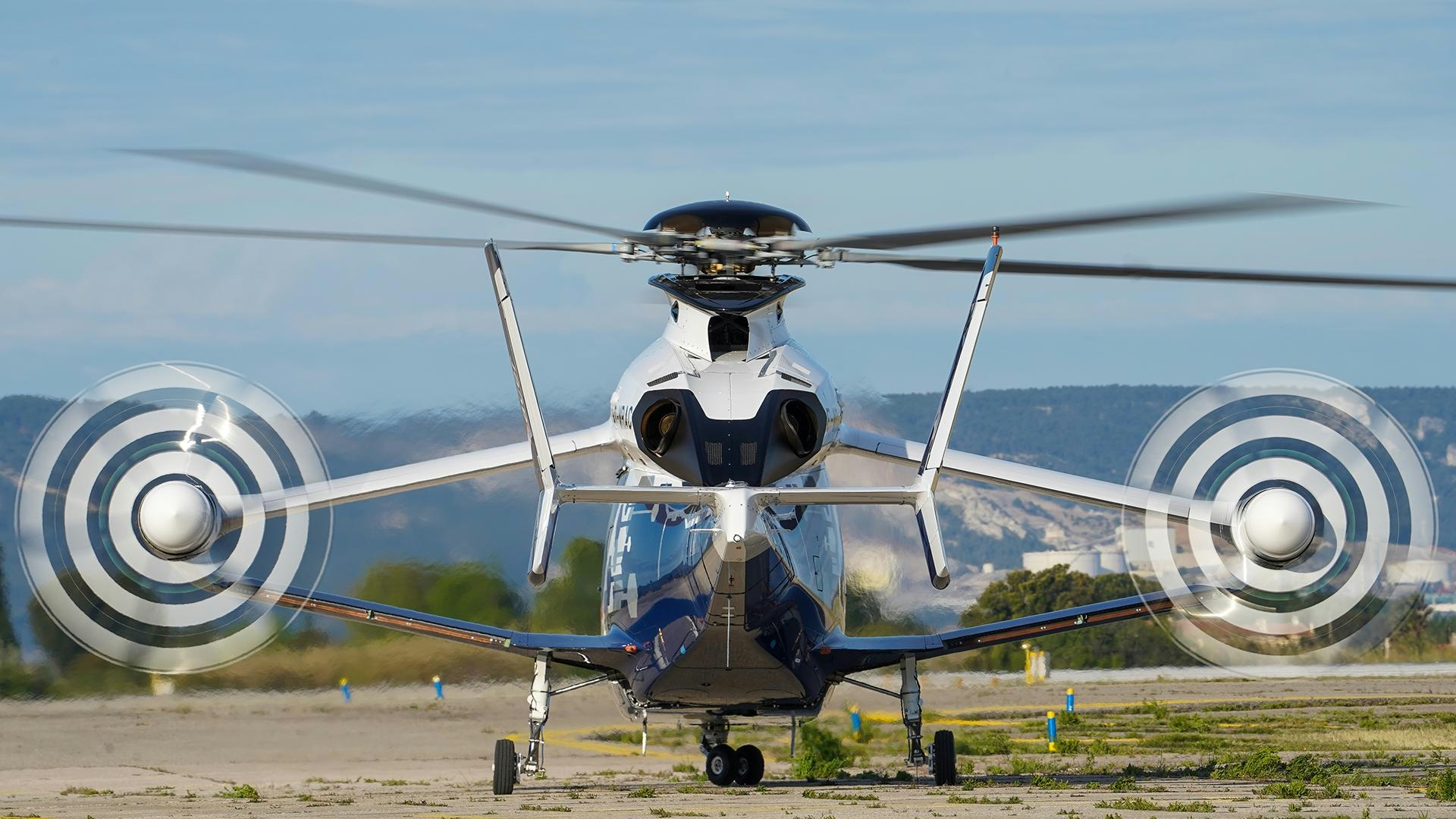エアロジニー — あなたのインテリジェントな副操縦士。
現在のトレンド
Categories
Aviation Innovations Reshape the Cruise Industry

Aviation Innovations Reshape the Cruise Industry
The cruise industry is undergoing a profound transformation, echoing the rapid evolution witnessed in aviation. This shift is propelled by technological advancements, an intensified commitment to sustainability, and changing traveler expectations. As cruise lines embrace smarter, greener, and more personalized approaches, they are redefining the very concept of maritime travel, presenting an opportune moment for travelers to explore innovative cruise offerings and future-ready voyages.
Integration of Smart Technology
In parallel with aviation’s move toward contactless and technology-driven experiences, cruise operators are incorporating advanced smart technologies throughout the passenger journey. Artificial intelligence now plays a pivotal role in personalizing itineraries, recommending onboard activities, and anticipating guest preferences, much like AI applications in airline route planning and cabin management. Biometric check-ins, once exclusive to airports, have been introduced to expedite cruise embarkation processes. Additionally, digital concierges and wearable devices enhance onboard services, while entertainment options are evolving with the introduction of virtual reality lounges and robotic bartenders, reflecting the futuristic amenities found in first-class airline cabins.
Sustainability and Regulatory Challenges
The cruise industry’s commitment to sustainability mirrors that of aviation, with significant investments in liquefied natural gas (LNG)-powered vessels, shore-side electricity, and advanced wastewater treatment systems. These initiatives align with the broader push for greener operations and sustainable fuels. However, the journey toward environmental compliance is fraught with challenges. Regulatory complexities, particularly concerning emission standards, pose significant obstacles. For instance, cruise operators navigating Norway’s fjords have expressed concerns over delayed emission regulations, complicating compliance efforts and operational planning. The industry’s response varies; while some companies rapidly adopt cleaner technologies, others face difficulties due to phased regulatory frameworks and the need for new infrastructure. These challenges have spurred increased investment in sustainable solutions and fostered strategic partnerships aimed at addressing evolving standards and market demands.
Personalization and Operational Innovation
Personalization, a longstanding feature of premium air travel, has become central to the cruise experience. Utilizing big data and AI, cruise lines now offer tailored itineraries, exclusive shore excursions, and customized dining options that rival or even surpass those found in business class air travel. Expedition cruises have expanded to include remote destinations, akin to charter flights exploring unconventional routes.
Operationally, cruise lines are adopting sophisticated technologies reminiscent of those in international aviation. Digital twin technology, originally developed for aerospace engineering, enables real-time monitoring and predictive maintenance of ships, enhancing efficiency and reliability. Cloud-based systems and stringent cybersecurity measures centralize operations, while high-speed satellite internet—once a luxury reserved for long-haul flights—is now standard on premium cruise vessels, ensuring continuous connectivity for passengers and crew alike.
Market Resilience and Future Prospects
Despite facing regulatory and operational hurdles, the cruise industry demonstrates robust resilience. Recent reports indicate sustained growth in consumer demand, even amid market fluctuations and evolving environmental standards. As cruise lines continue to integrate new technologies and prioritize sustainability, the sector is well-positioned for ongoing innovation, offering travelers smarter, greener, and more personalized experiences on the open seas.

Emirates Unveils Cabin Design for New Boeing 777X

Eighteen Years On, the Airbus A380 Remains Central to a $34 Billion Airline

How a boom in luxury airline seats is slowing down jet deliveries

Navitaire Outage Attributed to Planned Maintenance

DigiYatra Debuts Outside Aviation at India AI Impact Summit

Vietnam Orders Strengthen Boeing’s Commercial Outlook

Airbus Signals Uncertainty Over Future A400M Orders

JobsOhio Awards $2 Million Grant to Hartzell Propeller for Innovation Center

Collins Aerospace Tests Sidekick Autonomy Software on YFQ-42A for U.S. Air Force CCA Program

How the Airbus A350-1000 Compares to the Boeing 777
